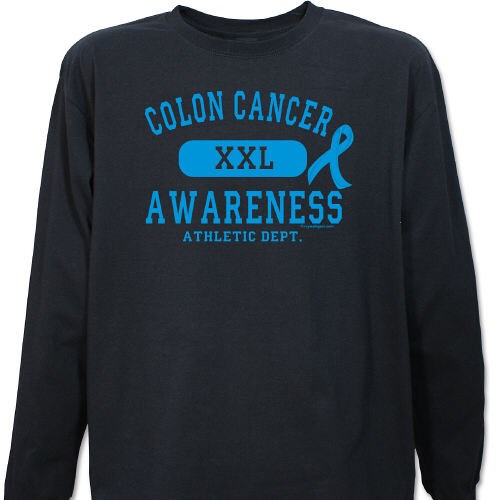For too long, colorectal cancer wasn’t talked about nearly enough, especially given its significant impact on so many families. That started to change two decades ago when groups began advocating for increased awareness and research. March is now designated as Colorectal Cancer Awareness Month, providing a chance for people to inform themselves about this form of cancer that affects so many. We’ve gathered some colorectal cancer facts so you can inform yourself and spread awareness to friends and relatives.
Key Statistics
Annually, about 140,000 Americans are diagnosed with colorectal cancer, and more than 50,000 lose their battle. Though colorectal cancer isn’t as well-known culturally as some other cancers, it nonetheless exerts a large impact. In fact, it ranks as the third most common cancer in the United States (excluding skin cancers) and the second deadliest among cancers that affect both sexes.
Symptoms
Colorectal cancer doesn’t always come with symptoms, particularly at the outset. However, many people do experience symptoms such as bowel movement abnormalities, stomach pain, and unexplainable weight loss. If you notice symptoms that seem unusual, be sure to talk to your doctor right away.
Risk Factors
Colorectal cancer predominantly affects older individuals, particularly those over the age of 50. The median age at diagnosis for colon cancer is 68 in men and 72 in women. African Americans face an elevated risk of colorectal cancer. Family history can play a big role, too: one’s risk spikes if they have a close relative who has colorectal cancer. Men and women experience roughly the same levels of risk for developing colorectal cancer.
How to Minimize Your Risk
Fortunately, there are some measures you can take to reduce your risk of developing colorectal cancer. The first step is to generally adopt a healthy lifestyle. Avoiding smoking and keeping alcohol consumption to a minimum are good steps to take. Regular exercise and a healthy diet are also powerful tools of prevention, as being overweight or obese increases one’s cancer risk. Red meat and processed meats, such as hot dogs and bacon, should especially be avoided, as they have been found to directly increase one’s colorectal cancer risk.
The Importance of Screenings
There are several types of cancer that can start in the colon or rectum, but the vast majority of these are called adenocarcinomas. To help detect these cancers or their precursors, screenings are recommended starting at age 50. The importance of this cannot be understated. If everyone over the age of 50 got regular screenings, 60% of deaths from colorectal cancer could be prevented. Examples of screening methods include colonoscopy, flexible sigmoidoscopy, and stool tests.
Treatment
There are numerous avenues available to those who are facing a colorectal cancer diagnosis. Surgery, chemotherapy, and radiation are all common ways of treating colorectal cancer. Here is a useful resource with in-depth explanations for the types of treatments available.
Take some time this month to spread your knowledge of these colorectal cancer facts to those who can benefit, especially your friends and relatives who are older than 50. Sadly, awareness is not widespread enough: roughly 1 in 3 adults who need to be screened are not meeting the recommended guidelines. Support those battling colorectal cancer with personalized awareness gear!


No comments yet.